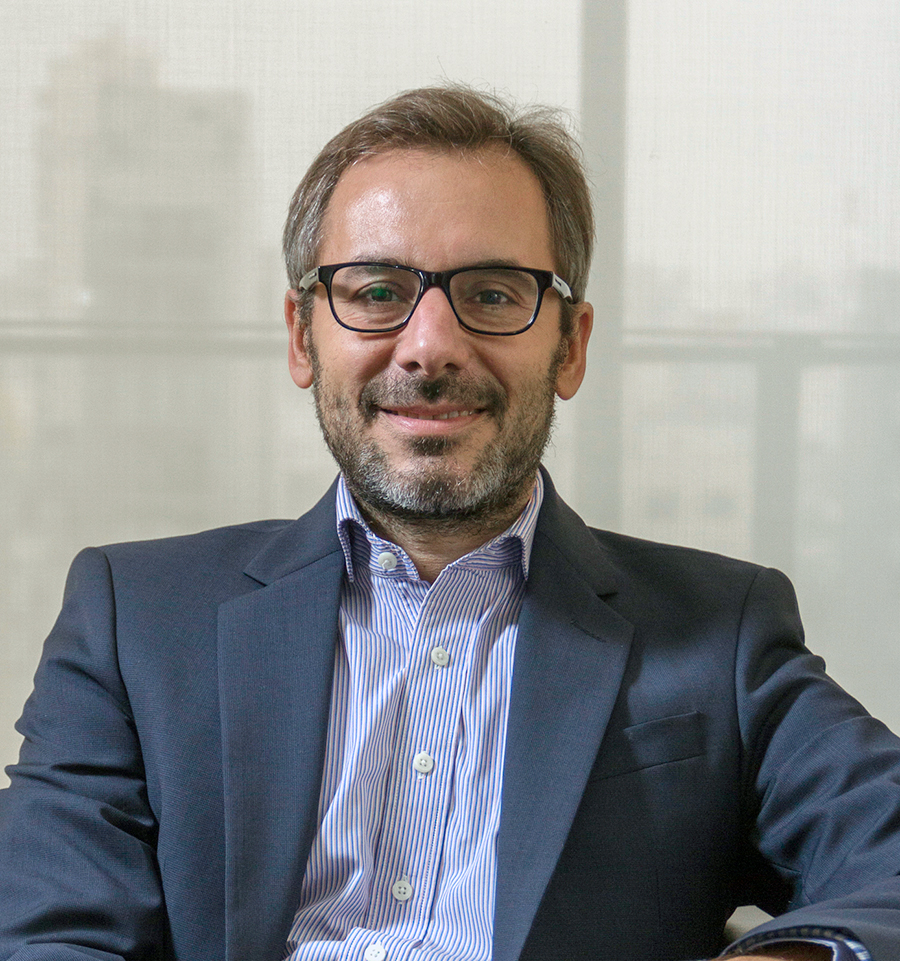Q&A: SMS Latinoamérica: Sustainability Training
SMS Latinoamérica: Creating alliances for sustainability training and Integrated Reporting in LATAM
Zoya Malik, Editor-in-Chief, GlobalData spoke with Julián Costabile, Partner, Sustainability SMS Latinoamérica about the organisation’s investment in ESG advisory services and project innovation and advocacy within LATAM markets


Julián Costabile
Partner, Sustainability
SMS Latinoamérica
Zoya Malik: What goals are SMEs setting within LATAM’s private and public sector in moving towards a carbon neutral economy?
JuliánCostabile: Unfortunately, still a limited number of SMEs in the LATAM region are setting specific goals about their role in an economy that becomes carbon neutral. However, there is in an interesting case to be made in leading SMEs, with more innovative management teams, that are showing the way to other companies, and under this leadership and with some push from the bigger companies (local or multinational), we are expecting to see this change rapidly in the coming years.
ZM: How much of SMS Latinoamérica’s advisory revenue comes form consulting on green finance?
JC: Nowadays, it is still less than 5%, but it is quickly growing.
ZM: How well trained are accountants in advising on ESG transition and investments to clients in LATAM? What more is needed? How is SMS Latinoamérica involved in accountants’ training in this area to stay competitive with their global counterparts?
JC: On average, accountants, individuals and professional firms in our region are still not well enough trained to provide insights and solutions to local companies. In our case, we are fostering the development of new and more comprehensive training in the field, not only to our members, but open to the professional community. We do this by providing specific training through alliances with professional bodies in several countries, as well as in alliance with international organisations such as the VRF (Value Reporting Foundation) and UNDP.
ZM: Which of your firms’ client projects are most innovative in reaching SDG targets for ESG? Kindly describe these innovative projects.
JC: We have several amazing and very innovative cases to highlight among the clients we have advised, for example, Madeco S.A. the first B Corp to issue a Green Bond (https://www.byma.com.ar/wp-content/uploads/2022/05/MADECO-Segunda-opinion.pdf), an Argentinian SME that is involved in the circular economy. We also worked with a cooperative of grape producers, Fecovita, on a structured financing mechanism to provide financial inclusion to small farmers, which became one of the first social bonds in the regional market (https://www.byma.com.ar/wp-content/uploads/2020/12/FECOVITA-Segunda-Opinion.pdf).
ZM: Which financial instruments are of greatest interest to investors for funding ESG projects? What other alternative financing needs to be developed and which sector can provide solutions?
JC: In our experience in the region, Green, Social, and lately Sustainability Linked Bonds are the most interesting options to institutional investors, like insurance companies, pension funds and other portfolio managers. In the case of individuals, impact funds became more attractive, as they can more directly see where their funds go and what type of impact they could have. There are still many other smaller options than green or SLB bonds, and with a higher risk profile, but the direct impact and involvement they offer became more interesting to high-net-worth individuals. Funding for social entrepreneurs can be seen in the leading example of cases such as by New Ventures (Mexico), Doble Impacto (Chile), Sitawi (Brazil), and Sumatoria (Argentina), but many others are arising all across the region.
ZM: How is SMS Latinoamérica working with industry bodies and regulators to develop robust integrated ESG standards and reporting?
JC: We have discussions and conversations with many industry bodies and regulators across the region, to provide them with technical tools, training, and information. Besides our work as a Network or Firms, we also have a critical role through our participation in the IR Latin American Group (on Integrated Reporting) through which we co-organise seminars, meetings, translation and other tools related to integrated reporting and other ESG reporting tools.
ZM: What technology investment are you making to support firms and their clients in a partnership to deliver ESG goals?
JC: We are now even more focused in investing on training and knowledge, over any specific technologies. As the market becomes increasingly more mature and stable (with standards that are widely adopted by many regulators and bodies worldwide and across the region), we will involve technologies to support those processes.
ZM: Are there any other points you wish to make to regulators?
JC: Special attention has to be paid to the role of Sustainable Taxonomies and their development across the region. The way they evolve and are implemented by the National Governments will be a critical aspect that will shape the future of this topic.